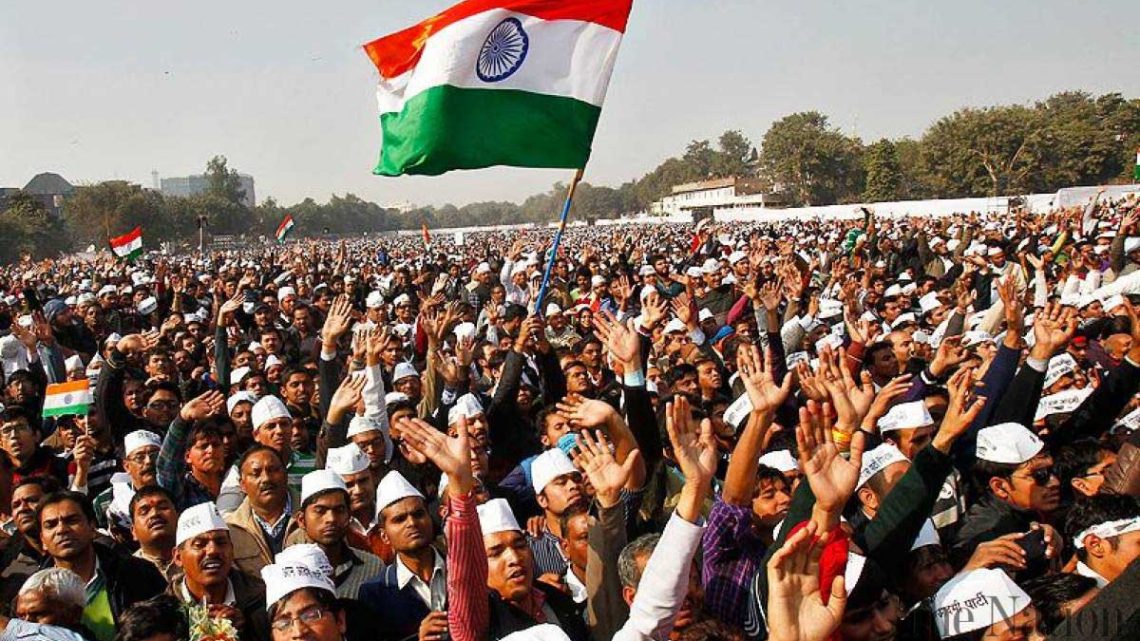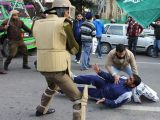
Indian Democracy on the Brink: A Reassessment
April 23, 2024The recent arrest of Delhi Chief Minister Arvind Kejriwal by the Enforcement Directorate (ED), purportedly for his government’s excise policy, has sparked widespread concerns over the state of democracy in India. The timing of Kejriwal’s arrest, on the eve of crucial Lok Sabha elections, raises serious questions about its political motives and legal justification.
The ED alleges that Kejriwal and his Aam Aadmi Party (AAP) received a bribe of Rs 100 crore from beneficiaries of the excise policy, which was supposedly laundered for electoral purposes. However, the evidence presented thus far is tenuous and appears to be motivated. Despite a lack of concrete evidence linking the alleged bribe to AAP’s election campaigns, Kejriwal was arrested and remanded to judicial custody.
The arrest of Kejriwal not only raises concerns about the fairness of the electoral process but also highlights flaws in India’s bail jurisprudence, which often favors the State and prosecution over the accused. The judiciary, particularly the lower courts, can be susceptible to manipulation, potentially leading to unfair outcomes, as seen in this case.
In a democracy, fair and free elections are paramount. However, when a national leader like Kejriwal is kept out of the electoral fray due to denial of bail, democracy itself is threatened. It is imperative for the entire Opposition to unite against such authoritarian tactics and ensure that elections are not marred by unfair advantages for the ruling party.
Moreover, the judiciary, especially the Supreme Court, must remain fiercely independent and ensure timely bail for Kejriwal in the interest of fair elections. The Supreme Court’s recent decision to strike down the electoral bond scheme underscores the importance of transparency in democratic processes.
The international community’s concern over Kejriwal’s arrest reflects the global significance of India’s democracy. India must uphold its democratic values by addressing concerns raised by international observers and ensuring the independence of its judiciary. To conclude, the arrest of Arvind Kejriwal represents a threat to democracy in India. It is imperative for the Opposition to unite against authoritarian tactics and for the judiciary to uphold its independence to safeguard democratic principles

